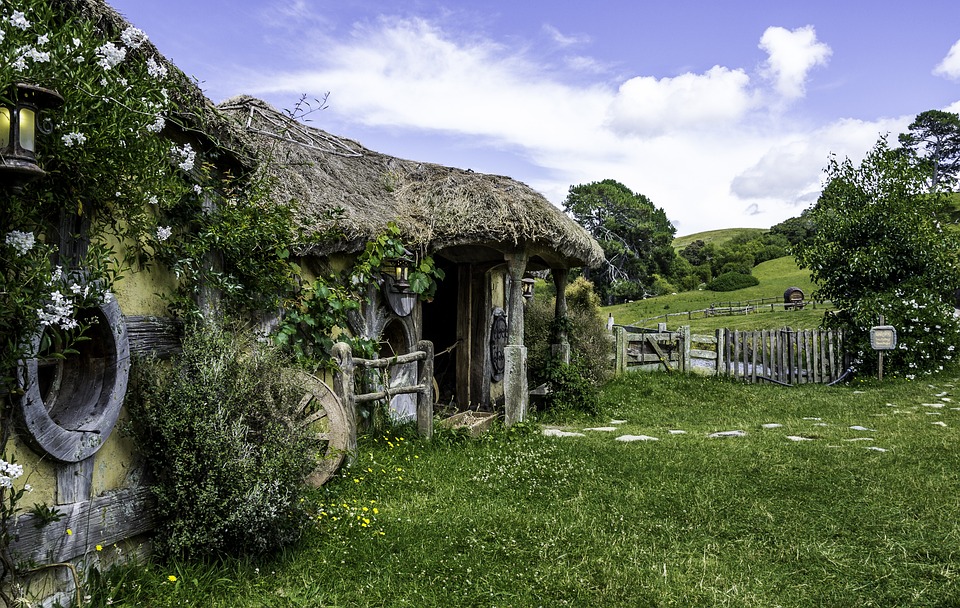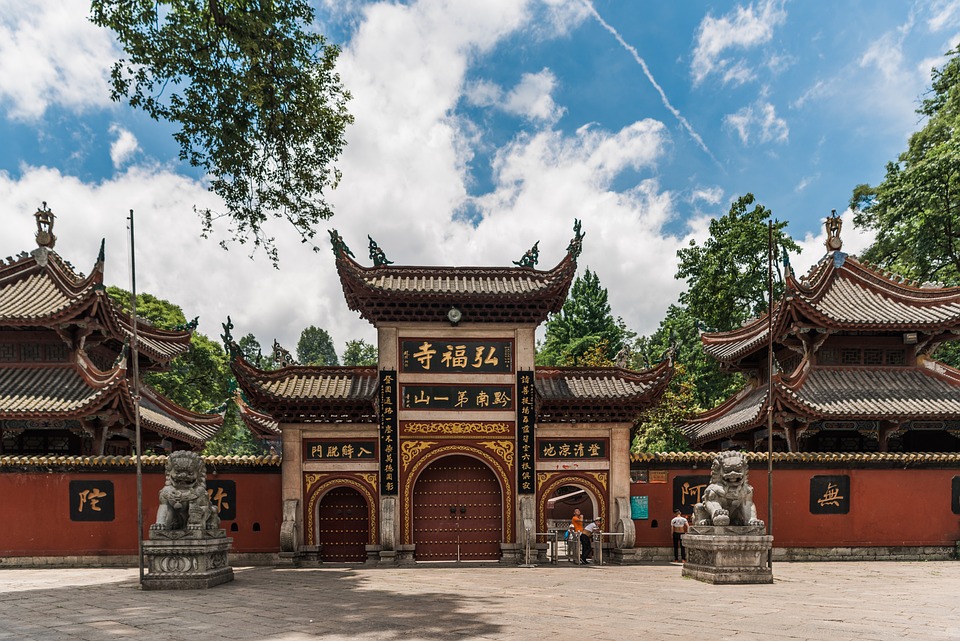Our individual identities are shaped by a multitude of factors, one of the most prominent being cultural traditions. These traditions are the customs and practices passed down from generation to generation within a particular society. They encompass a wide range of aspects such as language, religion, food, clothing, and social norms. Cultural traditions play a crucial role in shaping our identities by influencing our beliefs, values, behaviors, and sense of self.
One of the ways in which cultural traditions shape our identities is through the transmission of values and beliefs. Growing up in a particular cultural environment exposes us to the values and beliefs held by that society. For example, in some cultures, the emphasis may be placed on the importance of family and community, while in others, individualism and personal achievement may be prioritized. These values and beliefs help to shape how we view ourselves and our place in the world.
Cultural traditions also impact our behaviors and customs. For example, the way we greet others, celebrate holidays, and express emotions are all influenced by our cultural heritage. These behaviors become ingrained in us from a young age and help to define who we are as individuals. Our cultural traditions also influence our choices in terms of clothing, food, and entertainment, reflecting the values and norms of our society.
Moreover, cultural traditions play a significant role in shaping our sense of identity and belonging. By participating in cultural rituals, ceremonies, and celebrations, we reaffirm our connection to our heritage and community. These shared experiences help to strengthen our sense of identity and foster a sense of belonging to something larger than ourselves. This sense of belonging is essential for building a strong sense of self and developing a positive self-image.
However, it is important to remember that cultural traditions are not static and can evolve over time. As individuals interact with other cultures and experience different perspectives, they may incorporate new customs and practices into their own identity. This process of cultural exchange can enrich our sense of self and broaden our understanding of the world.
In conclusion, cultural traditions play a crucial role in shaping our individual identities by influencing our beliefs, values, behaviors, and sense of self. They provide a framework for understanding who we are and where we come from, while also fostering a sense of belonging and connection to our heritage. By embracing and celebrating our cultural traditions, we can gain a deeper appreciation for our unique identity and the diverse world in which we live.




